|
Did you know that the average home build produces about 8,000 pounds of waste? And with increasing landfill and building material costs, reducing job site waste could both help the environment and save you a significant amount of money. The less you have to throw away, the less money you have to spend getting rid of your construction waste. When renting a dumpster for a construction site, you’re charged based on the size dumpster. The more waste you accumulate, the larger, and more expensive the dumpster you’ll need. In addition, the weight of your debris will also have some baring on the waste management fees. When a dumpster is picked up from a construction site for emptying, the dumpster and debris are weighed at the disposal station. After it has been emptied, the dumpster will be weighed again to determine the amount of waste disposed of. If you exceed the weight of the dumpster’s capacity, you’re usually be charged an overage fee. This is an unexpected line item that ideally we want to avoid. In this week’s episode, I’ll give you some quick tips on how to reduce job site waste so those overage fees are less likely to occur. Plus, we’ll hear from Angela Phillips from ZTERS, the waste management solutions company that I’ve been working with. Angela will give us a little more insight how we can manage our waste more efficiently. But let’s start with that list of waste reduction quick tips. Our goal is to eliminate or minimize job site waste whenever possible. Even simple changes can save us money and reduce the environmental impact of our project. JOB SITE WASTE REDUCTION QUICK TIPS 1. Optimize your design for the use of standard building materials. By designing your rooms with standard dimensions in mind, you can save on construction and disposal costs, and you also decrease construction time since there will be less measuring and less cutting of materials. Most building materials such as lumber, plumbing, wiring, drywall, wall sheathing, and flooring, come in standard sizes that are multiples of 2 feet. So, consider that when planning ceiling heights and room dimensions. Instead of going with 9 foot ceilings, for example, consider 8 or 10 foot ceilings. 2. Don’t order significantly more material than you need. If you need drywall panels that are 8 feet high, don’t order 10 foot high drywall panels, because that extra 2 feet will likely go to waste. Keep in mind, that when ordering materials, many subs will order 10-20% extra material than they need for your job, just in case something goes wrong. They ironically call this extra materials “wastage." You can ask that that extra wastage amount to be eliminated all together or reduced to maybe 3-5% extra. 3. Use some advanced framing techniques where wall studs, roof rafters and floor joists are spaced 24 inches apart instead of traditional framing where framing elements are 16 inches apart. This reduces the amount of lumber, including wasted lumber, used in the project. Take a listen to episode 16 for more details about advanced framing. 4. Use scrap materials whenever possible. Direct subcontractors to collect and keep a scrap pile at cutting locations. Ask them to look for materials, especially smaller pieces of material, in the scrap pile before heading to the pile of new materials. For example, discourage them from cutting a 16-foot piece of lumber to get a short piece when there are perfectly good short pieces waiting to be used in the scrap pile. And use drywall scraps as filler pieces. 5. Keep materials covered and dry, and don’t remove protective packaging from materials before the materials are needed. Keeping materials in good shape decreases the chances of having to dispose of items damaged by the elements. 6. Ask your suppliers if they are able to take back their packaging such as pallets, cardboard, and bulk bags. They may not be able to, but it doesn’t hurt to ask. 7. Take unstained, unpainted, unusable scrap wood and have it chipped so it can be used as mulch. 8. Use clean concrete chunks, old brick and other masonry rubble as backfill along foundation walls. 9. If unused materials can’t be returned to the supplier for a refund, sell those materials and products to an architectural salvage place or a used materials retail store. Alternatively, you can donate materials to a non-profit outlet like Habitat for Humanity’s ReStore. Those donations will usually be tax-deductible. 10. Create a recycle pile for glass, paper, plastic and metal that can neither be reused, returned or donated. So those were our 10 job site waste reduction quick tips. Although we want to reduce as much construction site waste as we can, there will still be quite a bit of waste to deal with on all new construction sites. So let’s move into a conversation about managing that construction waste. To give us a little more insight, let’s bring in Angela Phillips from my favorite waste management solutions company ZTERS. Remember, ZTERS is helping me on my construction site and they can help you too. Let’s go into the interview I did with Angela so she can teach us a bit more about construction site waste. INTERVIEW ON WASTE MANAGEMENT WITH ANGELA PHILLIPS OF ZTERS Michelle: Tell us about your role at ZTERS and how long you’ve been there. Angela: I’ve been with ZTERS since 2011, so 8 years. I’m a senior accounts manager, level 3, and my job is to make sure my customers' needs are met and to make sure they have any and all services they need, and to make sure they are compliant. I Basically to take care of anything else you might need on the job site. I think outside the box to come up with resolutions. Michelle: I first learned the term “roll off” dumpster when I started working with ZTERS. Explain to us what a roll off dumpster is and how it’s different than a regular dumpster. Angela: A roll off dumpster is a large metal container that has small metal wheels so the dumpster can roll on and off the truck that delivers it, and so it can be rolled in place by the delivery driver. Roll off dumpsters accommodate larger loads, as opposed to a regular dumpster which has a permanent status and stays on-site long term. If you have any questions about which you need, you can call ZTERS (1-844-893-7776) so they can help you get your waste management needs met in a cost effect way. Michelle: Why is it important to get the right size dumpster for our job sites and how can we determine what size dumpster we’ll need? Angela: In the waste management business, size really does matter because if you get a dumpster that’s too small, you're gonna have multiple hauls and that will increase your project's budget. If you get a dumpster that’s too large, the walls of the dumpster could be too high to easily put debris over the sides of the dumpster. There is a ZTERS DUMPSTER SIZING TOOL that you can use to help estimate the appropriate sized dumpster for your project. Or if you would like to speak to someone over the phone who can help you with that, you can call ZTERS at 1-844-893-7776 Michelle: Now, all waste materials can’t go in dumpsters, correct? What waste materials are typically not allowed to go into dumpsters? Angela: That’s correct. Putting restricted items in dumpsters can result in delayed hauls and contamination fees. Confirm any questionable items with the dumpster company you’re using and ZTERS can answer any questions about restrictions that you have. The most common restricted items include chemicals and combustibles. Those items can be disposed of by hazardous waste disposal companies which you can search on Google. Electronics and appliances are also usually restricted from landfills, but you can recycle them. Call your local appliance or electronic repairs shops and they can often dispose of/recycle those things for a minimal fee. They may even pay you for those appliances or electronics, depending on the condition of the items. Oils and gas can be disposed of at local auto repair shops for a small fee. Tires, mattresses and box springs can be disposed of in the landfill, but there may be a fee associated with that. If you are unsure about what’s allowed, contact ZTERS. Michelle: Let’s talk specifically about how ZTERS works. Say I’m planning to build a home and have just acquired my building permit. I know I’m required to get a dumpster and portable toilet on the job site, and that I can make one call to ZTERS to handle that for me. So I call ZTERS, and then what happens? Angela: First, we’re going to ask you some questions to make sure we’re giving you a correct quote. There are a lot of factors that go into pricing dumpsters and portable toilets for a job site or party. Your zip code and job site address will impact the price of your units. We can help you determine what you need on the job site. After we determine what you need, we use our network of thousands of top rated, locally owned and operated vendors so you receive the best customer service. We’ve spent years developing relationships with small business owners in the waste industry so we can give our customers a one stop shop nationally, but also give them that individualized service that is synonymous with small business in America. Michelle: We’ve talked about dumpsters and portable toilets, but I know that ZTERS can also help with storage units and temporary fencing too. Can you give us some examples of when those services would be needed on a construction site? Angela: Fencing is a way to secure your site if you have large equipment that needs a little extra security. You can also put fencing around a job site that has damage or that could possibly be dangerous to pedestrians. We also have storage containers, also known as conex boxes. They are large metal containers that sit on your job site. No one can see what’s in them and you can put a lock on them. You can lock up smaller equipment or items and building materials that need weather protection, so those items aren’t damaged by the elements. Michelle: What’s the strangest project you’ve had to help a client with? Or, tell us about the most unusual things you see people trying to dispose of. Angela: People dispose of all kinds of things. I’ve had a call for a roll off dumpster for manure on a ranch. If you tell us what you’re trying to dispose of, we will find a solution for you. The most unusual quote I’ve ever given was a portable toilet quote for a small town in the mid west. They were using ground penetrating radar to locate 3 bodies that died a hundred years ago to resolve a land dispute between the small town and a property owner (talk about true crime!) We don’t just service construction job sites. If you have have a waste management need that you need met, ZTERS is here for you. Our motto is fair, reliable and simple. We don’t have the hidden fees that a lot of companies have. Other companies quote basic rates but they don’t tell you about the small percentages that compound and increase your rate on your dumpsters by up to 35%. My job is to make sure that when ZTERS quotes you a price, that’s the price that you’re going to pay. We also include tonnages that are based on the national averages for that size dumpster to reduce the possibility of billing on the back end. We want to be upfront and fair and we want to be your one stop shop for waste management. Michelle: Anything else you want us to know about ZTERS or waste management before you go? Angela: I want to point out that no job is too small and no job site is too big. ZTERS is here to help you no matter what— whether it’s for a portable toilet for your child’s birthday party or a huge complex that you’re building. We’re going to put the same effort and same customer service into your call, no matter what it is. Fair, reliable and simple-- that’s our motto. We want to give the top customer service in the industry. Special thanks to Angela Phillips at ZTERS for taking the time to educate us about waste management. Reducing waste on our job sites will take a little extra time and effort, but it's good for the environment and good for our budgets. Remember the less waste you accumulate, the less it will cost you to dispose of it. Don’t forget to check out ZTERS DUMPSTER SIZING TOOL to give you some idea of what size dumpster you’ll need for your project. Please remember that the purpose of this podcast is simply to educate and inform. It is not a substitute for professional advice. The information that you hear is based the only on the opinions, research and experiences of my guests and myself. That information might be incomplete and it’s subject to change, so it may not apply to your project. In addition, building codes and requirements vary from region to region, so always consult a professional about specific recommendations for your home. That's it for this week. Thanks for stopping by. I hope you learned as much as I did.
2 Comments
10/16/2019 12:46:12 pm
Thanks for explaining that dumpster rentals usually charge based on size and weight. My husband and I want to rent a roll off dumpster for our construction project. Your article provided some great ideas to save money on dumpster rentals!
Reply
Michelle @ BYHYU
10/16/2019 12:59:30 pm
Glad of help, Eileen.
Reply
Your comment will be posted after it is approved.
Leave a Reply. |
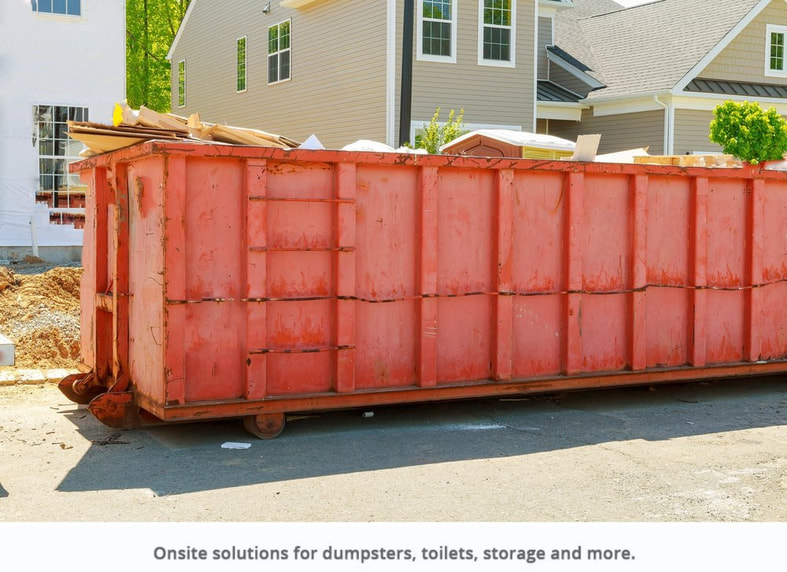
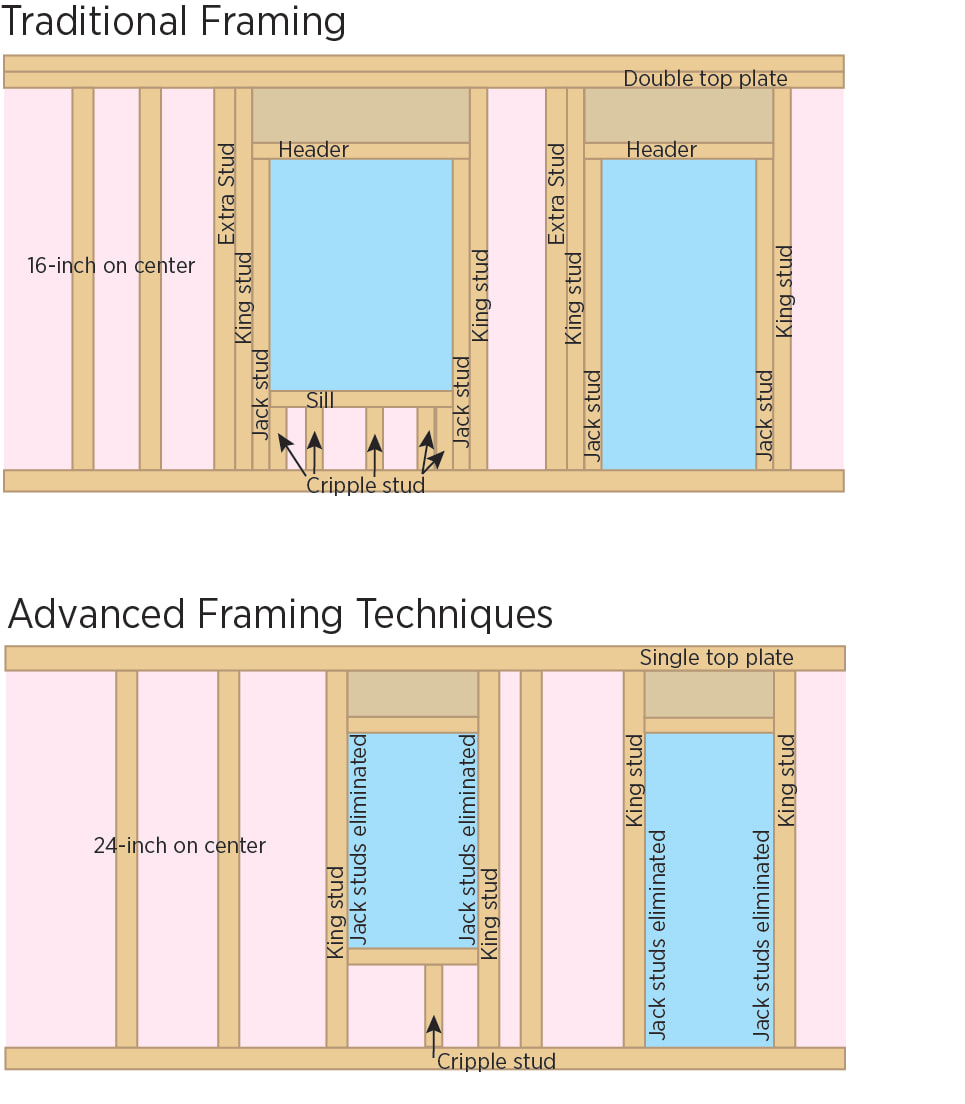
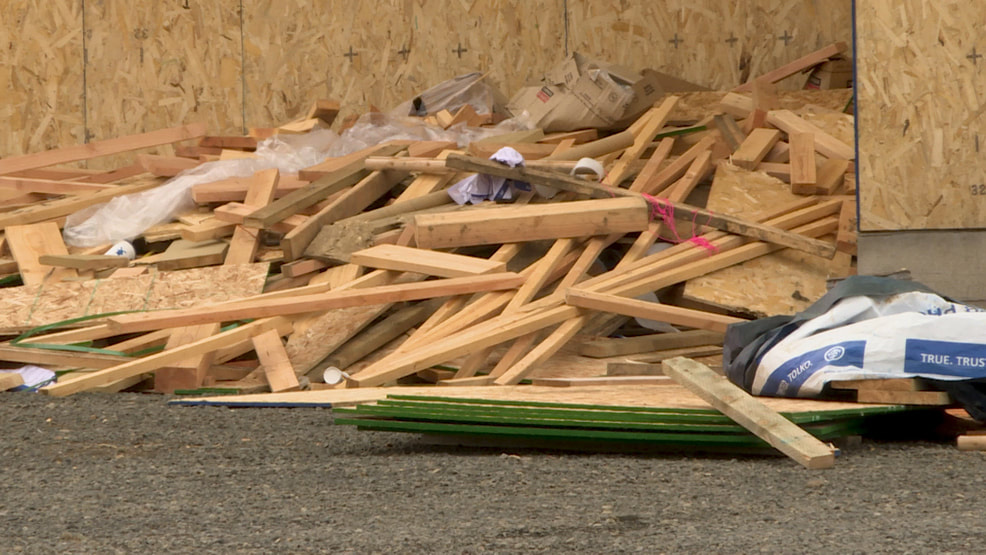
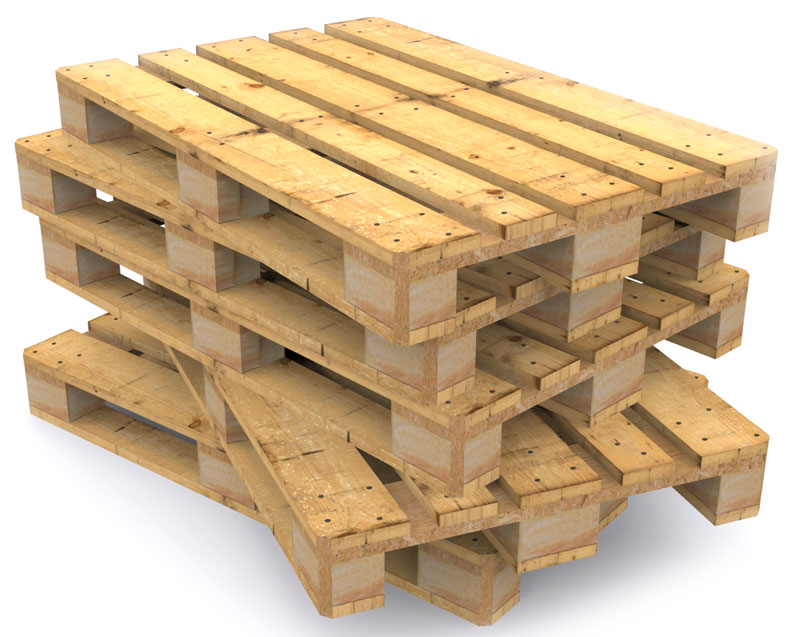
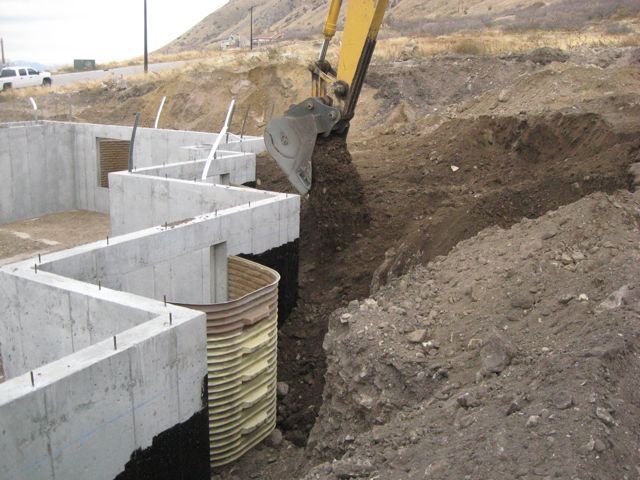
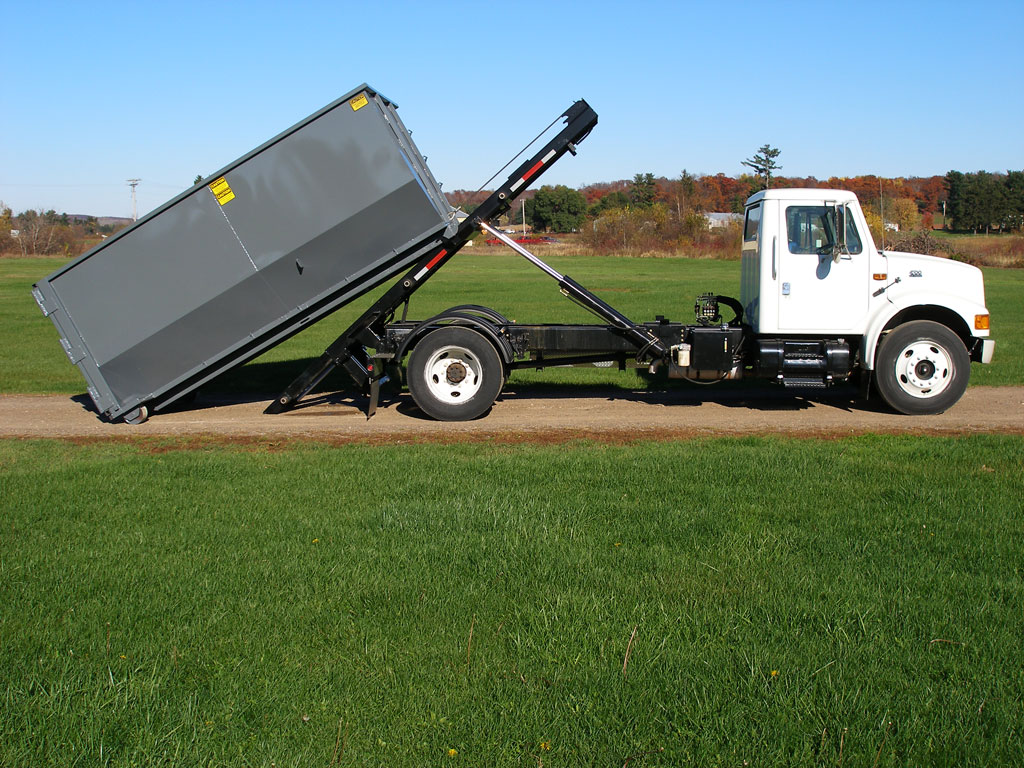
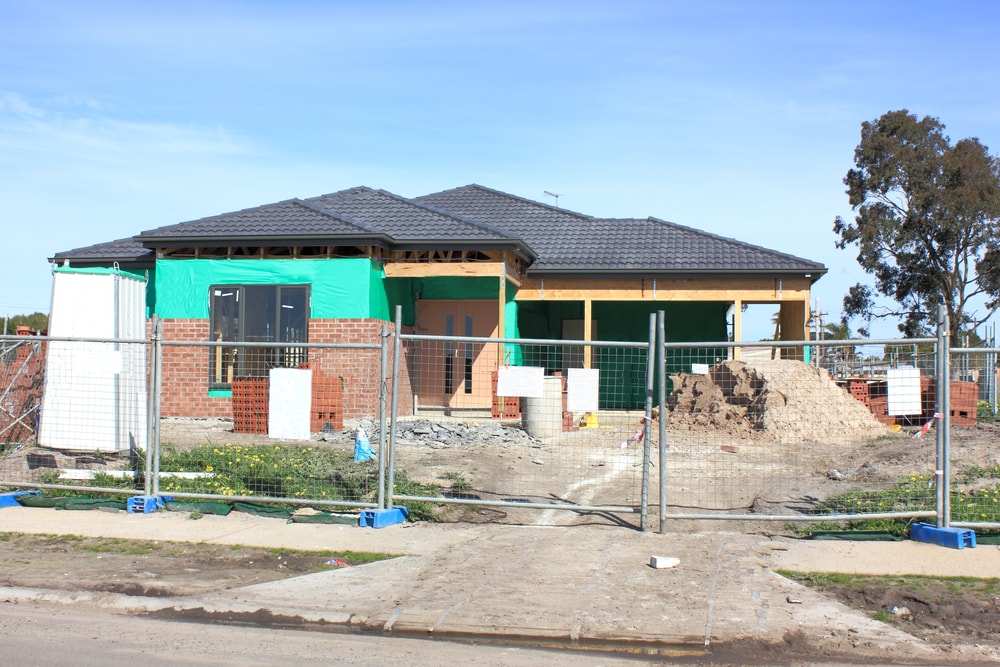
 RSS Feed
RSS Feed